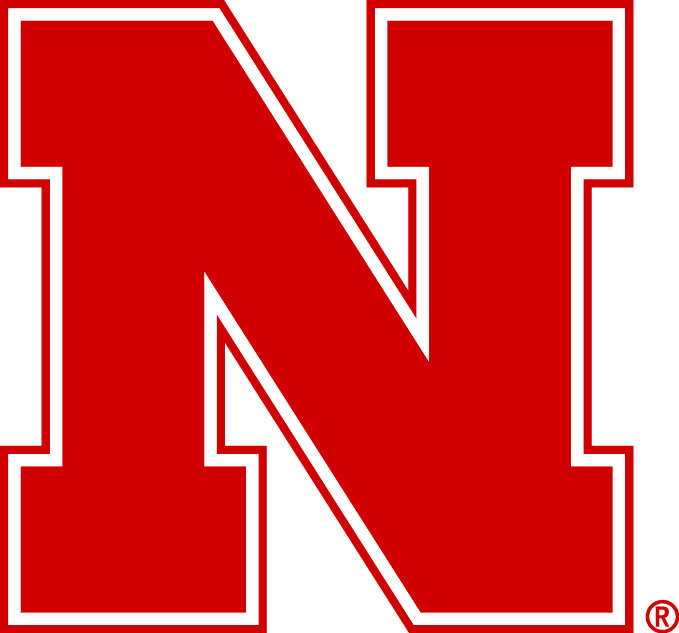We are wrapping up our Love Data Week activities at UNL Libraries. If you missed our workshops, Data Management for (Digital) Humanities and Introducing SANDY Research Data Repository, get in touch. We will offer them again or can deliver them to your class, lab, or team. Of course, we also show our love for data all year round with ongoing our workshops series and data curation support.
The Love Data Week theme this year is “Whose data is it, anyway?” The answer here, of course, depends on the data, but it’s a necessary question to ask when we are curating and stewarding research data. A crucial step in making data FAIR (Findable, Accessible, Interoperable, Reusable) is applying the right license so that people can reuse the data and so that they understand how to cite and give credit for the data. (We usually use CC-BY but there are other licenses to meet your needs.) And when we are being CAREful with data, we review data that could belong to Indigenous groups or pertain to Indigenous matters of concern, so as to ensure the stewardship contributes to Collective benefit, Authority to control, Responsibility, and Ethics – the elements of Indigenous data sovereignty.
When it comes to data from public agencies, the answer to the question “Whose data?” is almost always “our data.” For this reason, this year, Love Data Week coincides with data rescue efforts in response to the rapidly changing availability of datasets on government websites. Scientists, researchers, and other members of the public trust that access to data created through taxpayer funding for the benefit of all will be persistent and durable. (Don’t worry about data archives like ICPSR and Roper Center, which remain stalwart.)
Endangered Data Week was started in 2017 in response to a similar, if somewhat less hectic, turn of events. It also drew attention to the ways that data can be inadvertently endangered because we have forgotten that we have it, don’t have documentation for it, or haven’t migrated it into better infrastructure. This time, librarians, data curators, stewards, and researchers knew what to do and quickly began gathering data packages and archiving web pages. Here are a few of the resources they’ve created:
End of Term Archive at the Internet Archive
Democracy’s Library at the Internet Archive
CDC Datasets prior to January 28, 2025
Data Rescue Project by our friends at IASSIST, ICPSR, and DCN
Public Environmental Data Partners
Harvard Library Innovation Lab archive of Data.gov
U.S. Federal Government Information from UNL Libraries
It’s possible that the data you are looking for, but couldn’t find, is among these rescue efforts. But if it’s not, get in touch, and we’ll help you look. It’s our data, after all.
